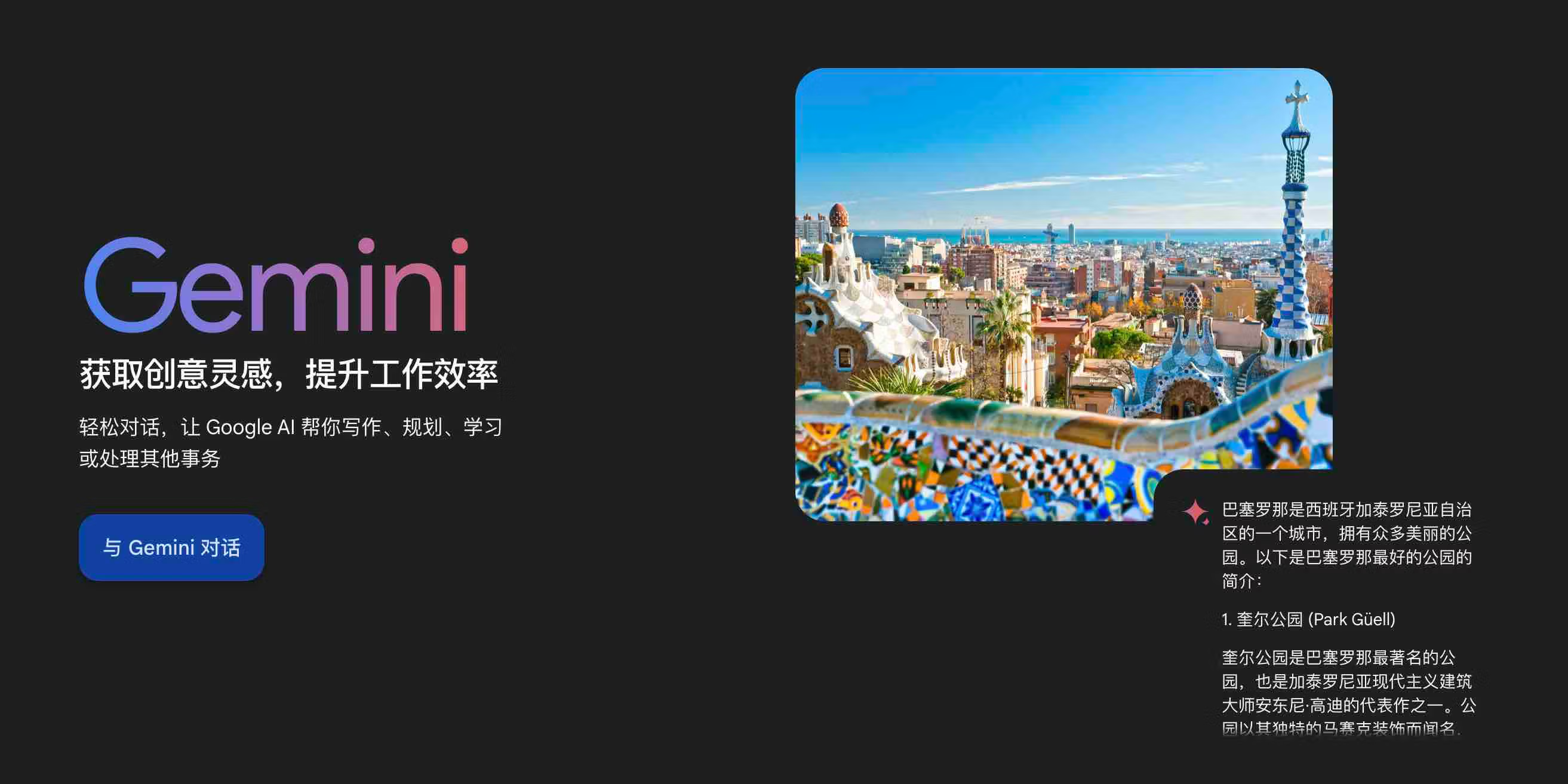
Google Gemini is an advanced AI model developed by Google DeepMind, launched to compete with platforms like OpenAI's ChatGPT. It is designed to handle multimodal inputs, including text, images, audio, and video, enabling sophisticated interactions across various media. The Gemini family includes models optimized for different use cases, such as lightweight applications and advanced reasoning tasks.
Key features of Gemini include:
- Multimodal Capabilities: It processes and generates content from diverse inputs like videos, audio, and images alongside text.
- Advanced Contextual Understanding: Gemini models are capable of handling complex interactions, such as summarizing large documents, analyzing lengthy videos, and providing detailed contextual recommendations.
- Applications: It is used for content generation, coding assistance, real-time translations, and interactive personal assistant functions. For instance, it can analyze environments through camera feeds and offer detailed insights or suggestions in real time.
- Scalability: Models like Gemini 1.5 Pro can handle extensive data, making them suitable for high-volume applications.
Gemini's versatility is enhanced through integration with tools like Google Lens and Maps, expanding its usability across domains like education, professional workflows, and personal productivity. Developers can access Gemini via Google AI Studio and APIs for custom implementations.
This model represents Google's effort to position itself at the forefront of AI innovation by integrating multimodal and adaptive intelligence into real-world applications.